Maximizing ROI: The Power of Continuous Improvement in Acumatica ERP
Implementing Acumatica ERP is a significant step toward modernizing your business operations. However, treating it as a one-time project can lead to suboptimal outcomes. Here’s why continuous improvement should be an integral part of your Acumatica strategy:
Evolving Business Needs
Your organization isn’t static, and neither should your ERP system be. As your business grows and adapts to market changes, your Acumatica implementation needs to evolve in tandem.Technological Advancements
Acumatica regularly releases updates and new features. Without ongoing optimization, you risk falling behind and missing out on innovations that could give you a competitive edge.User Adoption and Efficiency
Initial training gets users started, but continuous improvement ensures they’re using Acumatica to its full potential, maximizing productivity and ROI.Data Quality and Insights
As you use Acumatica, you’ll discover new ways to leverage your data. Ongoing optimization helps refine your reporting and analytics capabilities.Process Refinement
Post-implementation, you’ll identify processes that can be further streamlined or automated within Acumatica.
Maximizing ROI Through Continuous Improvement
For decision-makers concerned with the bottom line, continuous improvement is key to maximizing your return on investment (ROI) from Acumatica. Here’s how:
Enhanced Utilization
By continuously optimizing, you ensure you're getting the most out of every module and feature you’ve invested in.Reduced Inefficiencies
Ongoing improvements help identify and eliminate bottlenecks and inefficiencies that may have been overlooked during the initial implementation.Scalability
As your business grows, continuous improvement ensures your Acumatica system scales effectively, avoiding costly reconfigurations down the line.User Productivity
Regular optimization and training lead to increased user proficiency, translating to tangible productivity gains.Strategic Advantage
By staying on top of Acumatica’s latest features, you position your organization to outperform competitors who may be lagging in their ERP utilization.
Key Areas for Ongoing Optimization
For Acumatica consultants and implementers, focus on these areas to drive continuous improvement:
Financial Management
Refine reporting, automate complex accounting processes, and enhance cash flow management.Project Accounting
Optimize project tracking, resource allocation, and profitability analysis.Inventory and Order Management
Fine-tune inventory controls, enhance order processing workflows, and improve demand forecasting.CRM and Sales
Streamline lead management, enhance customer insights, and automate sales processes.Manufacturing
Optimize production planning, enhance quality control processes, and refine cost tracking.Field Service
Improve scheduling, enhance mobile capabilities, and optimize service delivery workflows.Business Intelligence
Develop more sophisticated dashboards, reports, and predictive analytics capabilities.
Strategies for Ensuring Continuous Improvement
To maintain momentum and drive ongoing optimization:
Establish an Acumatica Center of Excellence
Create a dedicated team responsible for driving continuous improvement initiatives.Regular Health Checks
Conduct periodic assessments of your Acumatica implementation to identify optimization opportunities.User Feedback Loops
Implement systems to gather and act on user feedback regularly.Stay Current with Acumatica Updates
Develop a strategy for evaluating and implementing Acumatica’s regular updates and new features.Ongoing Training
Invest in continuous learning for your team to leverage new features and best practices.Partner with Acumatica Experts
Consider services like Optimization as a Service (OaaS) to access dedicated resources for ongoing improvement.Set Clear KPIs
Establish and monitor key performance indicators to measure the impact of your optimization efforts.
The Cost of Inaction
While the benefits of continuous improvement are clear, it’s equally important to understand the risks of neglecting ongoing optimization:
Diminishing ROI
Without ongoing improvement, the value you derive from Acumatica may plateau or even decrease over time.Competitive Disadvantage
Competitors who continuously optimize their ERP systems may gain a significant edge in operational efficiency and agility.User Frustration
Failing to address ongoing pain points can lead to decreased user adoption and satisfaction.Missed Opportunities
You might overlook new Acumatica features that could dramatically improve your operations.Increased Technical Debt
Postponing improvements can lead to a backlog of necessary updates, making future optimizations more complex and costly.
Conclusion
Continuous improvement is not just a best practice—it’s a critical strategy for ensuring long-term success with your Acumatica implementation. By prioritizing ongoing optimization, you’ll not only maximize your ROI but also position your organization for sustained growth and competitiveness in an ever-evolving business landscape.
For decision-makers, investing in continuous improvement is investing in your company’s future. For Acumatica consultants and VARs, offering robust post-implementation optimization services is key to delivering lasting value to your clients and building long-term partnerships.
Remember, in the world of cloud ERP, standing still is moving backward. Embrace continuous improvement, and let Acumatica be the engine that drives your ongoing digital transformation journey.





